What is Micro Fleece Fabric?
Micro fleece is a lightweight version of fleece fabric made with finer fibers and a smoother texture. Typically it is made from 100% polyester. Micro fleece fabric knitted from polyester fibers. It is brushed on one or both sides to create a soft nap and plush surface with a matte finish.
Therefore, micro fleece is a thinner, softer version of regular fleece. Unlike traditional fleece, micro fleece has a finer texture, which provides an incredibly smooth and lightweight fabric. It’s a fabric designed to keep you warm without adding bulk.
|
Characteristics |
Details |
|
Also Known As |
Microfiber fleece |
|
Manufacturing Process |
Knitted from polyester fibers, brushed on one or both sides to create a soft nap |
|
Appearance |
Soft, plush surface with a matte finish |
|
GSM Range |
140–200 gsm |
|
Composition Range |
100% polyester (often recycled) |
|
Construction Range |
Single or double-brushed, knit construction |
|
Functionality |
TPU laminates, PU coating, AC coating, W/R (water-resistant), PV (polyvinyl) options available |
|
Possible Thread Density Range |
190T–420T |
|
Count Variations |
Varies (often fine yarns below 50 denier) |
|
Full Width |
57/58” or 59/60” |
|
Fabric Breathability |
Moderate, ideal for layering |
|
Moisture-Wicking Abilities |
High, quickly pulls sweat away from the skin |
|
Heat Retention Abilities |
Excellent, traps air in fibers for insulation |
|
Stretchability |
Limited; often non-stretch unless blended with spandex |
|
Prone to Pilling/Bubbling |
Moderate, especially with frequent use or improper washing |
|
Country First Produced |
United States, 1979 |
|
Biggest Exporter Country |
China (exporting over 50% of global micro fleece fabric) |
|
Recommended Washing Temperatures |
30°C (cold or warm water) |
|
Applications |
Jackets, hoodies, gloves, scarves, blankets, bedding, outdoor gear, pet products |
Table Of Contents
Manufacturing Process
- Finer polyester fibers (>50 Denier) are spun into thin yarns.
- These yarns are knit into fabric.
- The fabric undergoes brushing on one or both sides, creating its soft texture.
Types of Micro Fleece Fabric
There are many types of micro fleece available in the market. Some common type are as:
1. Single-Sided Micro Fleece
- Description: Brushed on one side only, leaving the other side smooth.
- Features: Lightweight, breathable, and less bulky.
- Applications: Base layers, lining for jackets, and sportswear.
2. Double-Sided Micro Fleece
- Description: Brushed on both sides for extra softness and warmth.
- Features: Thicker than single-sided fleece, offering better insulation.
- Applications: Winter clothing, blankets, and outerwear.
3. Stretch Micro Fleece
- Description: Blended with spandex or elastane for added flexibility.
- Features: Provides better stretch and recovery, ideal for activewear.
- Applications: Yoga pants, athletic tops, and outdoor gear.
4. Antimicrobial Micro Fleece
- Description: Treated with antimicrobial agents to prevent bacteria growth.
- Features: Odor-resistant and suitable for extended use.
- Applications: Sportswear, hiking gear, and medical textiles.
5. Water-Resistant Micro Fleece
- Description: Coated with a water-repellent finish like TPU or PU.
- Features: Resists light rain and moisture while retaining breathability.
- Applications: Outdoor jackets, gloves, and hats.
6. Recycled Micro Fleece
- Description: Made from recycled polyester, often derived from plastic bottles.
- Features: Environmentally friendly without compromising quality.
- Applications: Eco-conscious clothing, sustainable outdoor gear.
7. AOP Micro Fleece
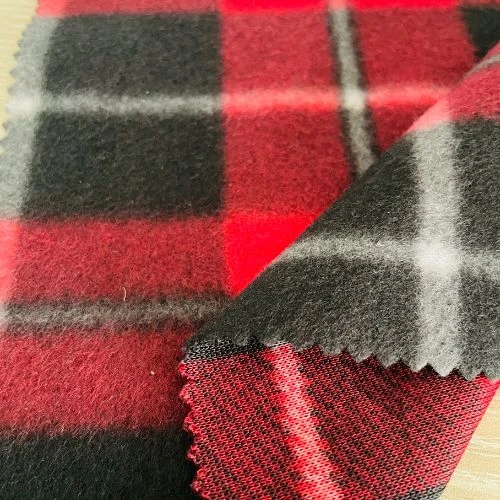
Figure: AOP Micro Fleece Fabric
- Description: Features colorful patterns or designs printed on the fabric.
- Features: Aesthetic appeal for children’s wear and home textiles.
- Applications: Baby blankets, pajamas, and decorative throws.
8. Heavyweight Micro Fleece
- Description: On the higher end of the GSM range (180–200 gsm).
- Features: Offers extra warmth and durability.
- Applications: Winter coats, heavy scarves, and pet products.
9. Lightweight Micro Fleece
- Description: At the lower end of the GSM range (140–160 gsm).
- Features: Perfect for layering, breathable and less bulky.
- Applications: Base layers, spring jackets, and activewear.
10. Bonded Micro Fleece
- Description: Laminated with another material, such as a waterproof membrane.
- Features: Combines fleece’s softness with functional weather resistance.
- Applications: Ski gear, softshell jackets, and insulated gloves.
Applications of Micro Fleece Fabric
The applications of micro fleece fabric are vast, including:
- Clothing: Jackets, hoodies, scarves, and gloves.
- Home Textiles: Blankets, throws, and pillowcases.
- Outdoor Gear: Base layers for hiking, skiing, and running.
- Pet Products: Cozy beds and blankets for pets.
Advantages of Micro Fleece Fabric
Why choose micro fleece? Here’s why:
- Warmth Without Bulk: Provides insulation without weighing you down.
- Durability: Resists wear and tear, lasting for years.
- Easy Maintenance: Machine washable and quick drying.
- Eco-Friendly Choices: Recycled polyester options contribute to sustainability.
Comparison with Other Fabrics
- Micro Fleece vs. Wool: Wool is warmer but heavier and harder to care for.
- Micro Fleece vs. Regular Fleece: Micro fleece is thinner and softer, while the regular fleece is bulkier.
- Micro Fleece vs. Cotton: Cotton is breathable but lacks thermal insulation.
Care and Maintenance Tips
Keep your micro fleece in top shape with these tips:
- Washing: Use cold water and a gentle detergent. Avoid fabric softeners.
- Drying: Air dry or tumble dry on low heat to prevent pilling.
- Storage: Store in a cool, dry place to avoid mildew.
Conclusion
Micro fleece fabric stands out for its warmth, softness, and versatility. Whether you’re gearing up for winter or adding a cozy touch to your home, this fabric won’t disappoint. Its durability and easy care make it a practical choice for everyone.
FAQs
1. What is micro fleece made of?
Micro fleece is made from 100% polyester, often derived from recycled materials.
2. Is micro fleece eco-friendly?
Yes, many manufacturers now produce micro fleece using recycled plastics, reducing environmental impact.
3. How warm is micro fleece compared to wool?
While wool is slightly warmer, micro fleece offers excellent insulation without the added weight.
4. Can micro fleece cause skin irritation?
No, micro fleece is hypoallergenic and safe for sensitive skin.
5. What is the lifespan of micro fleece products?
With proper care, micro fleece products can last 5-10 years or more.



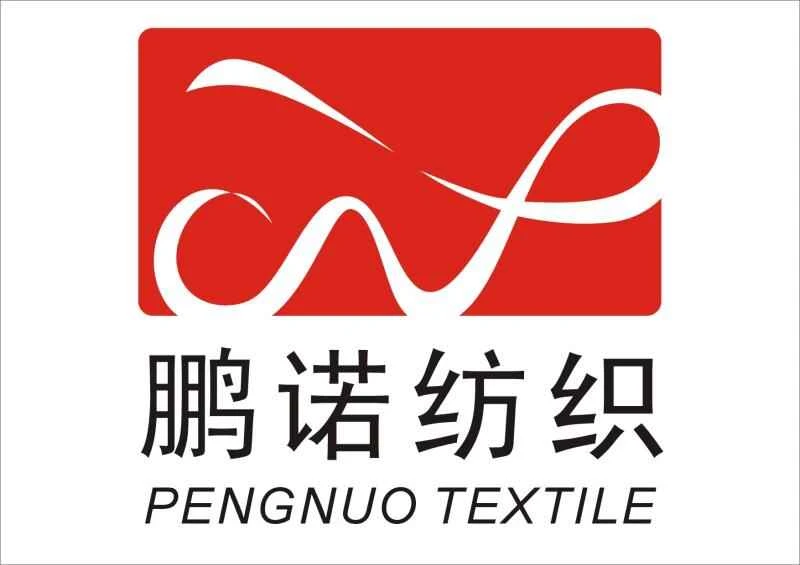

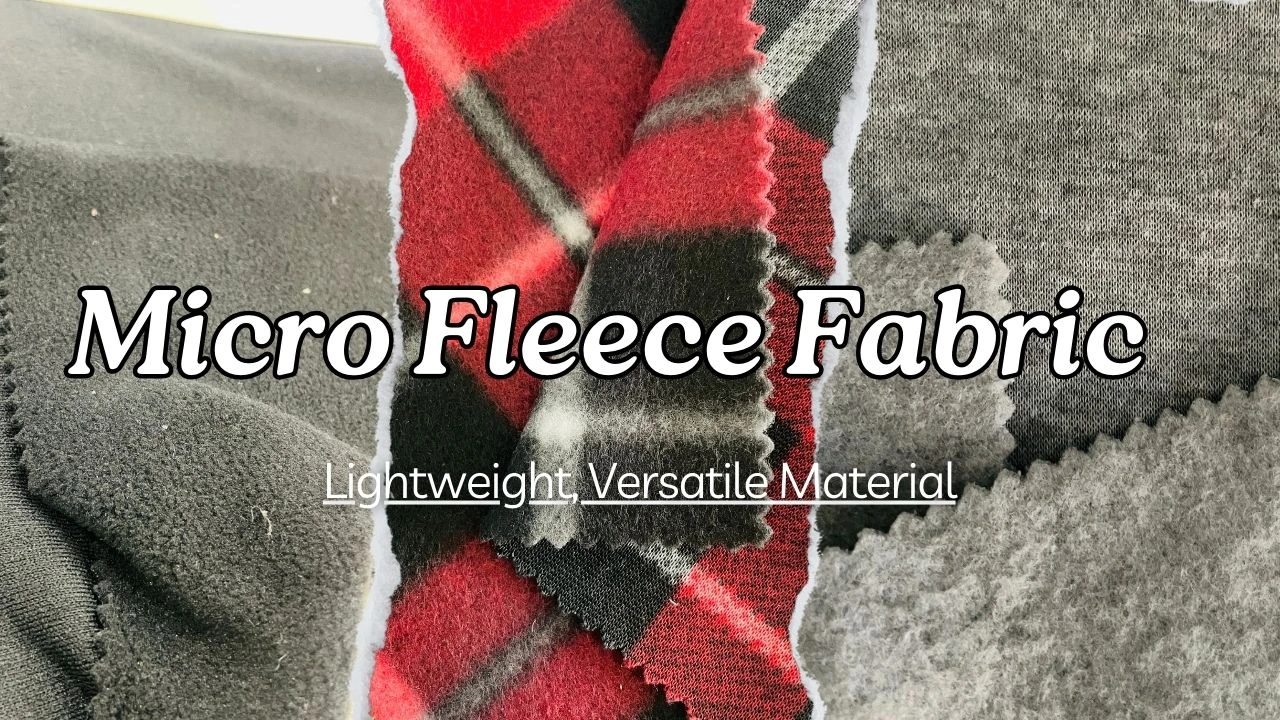
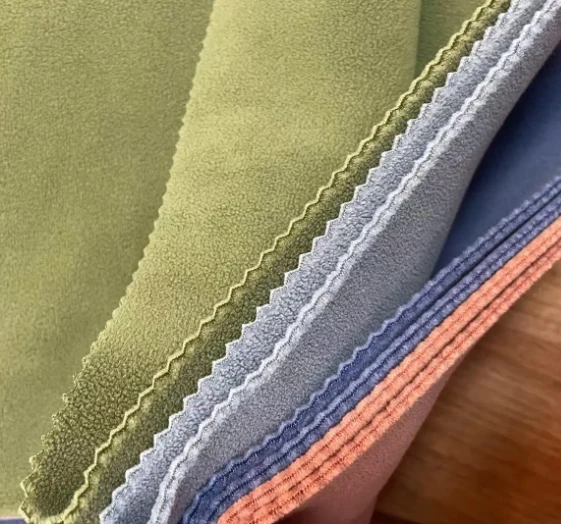
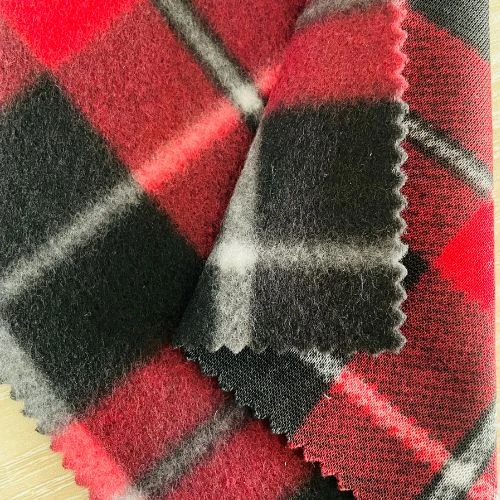
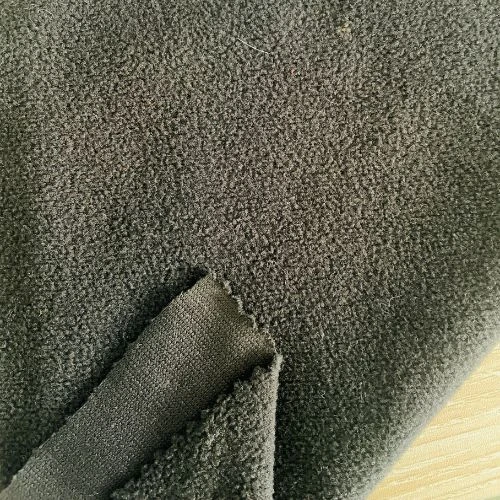
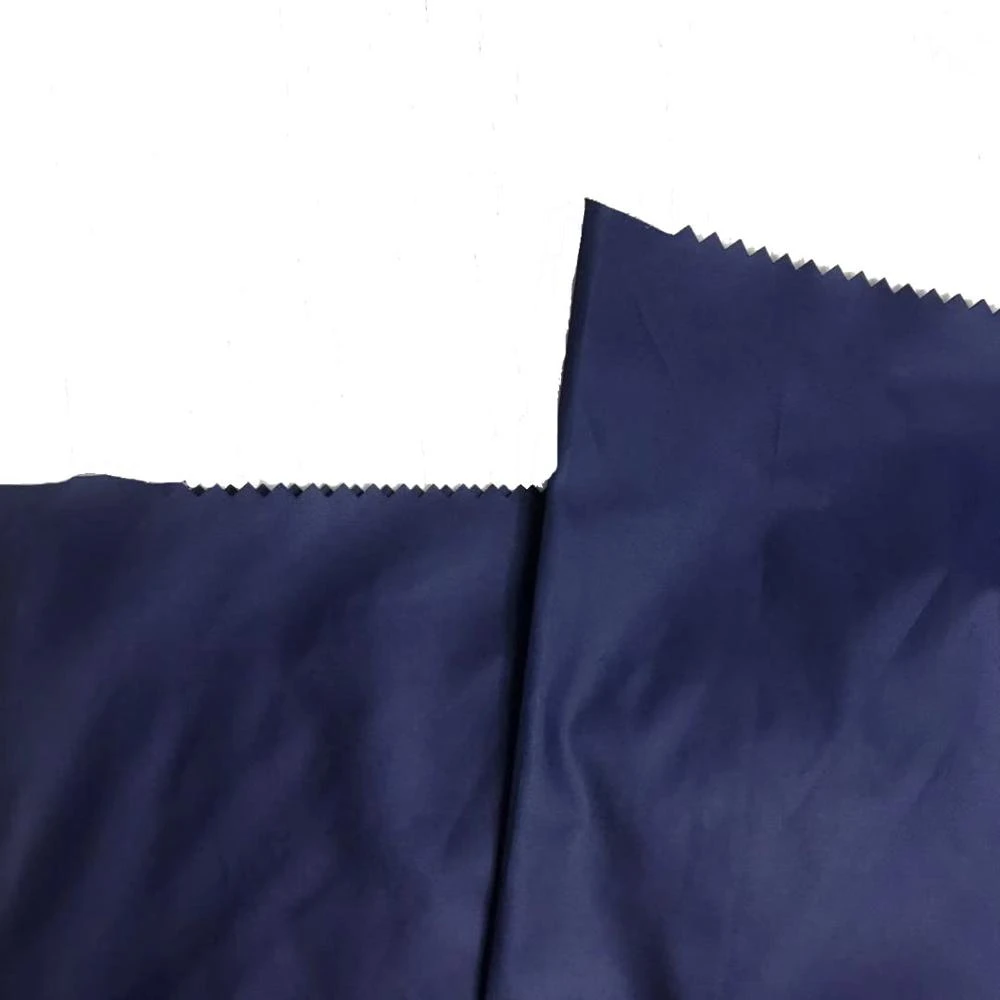
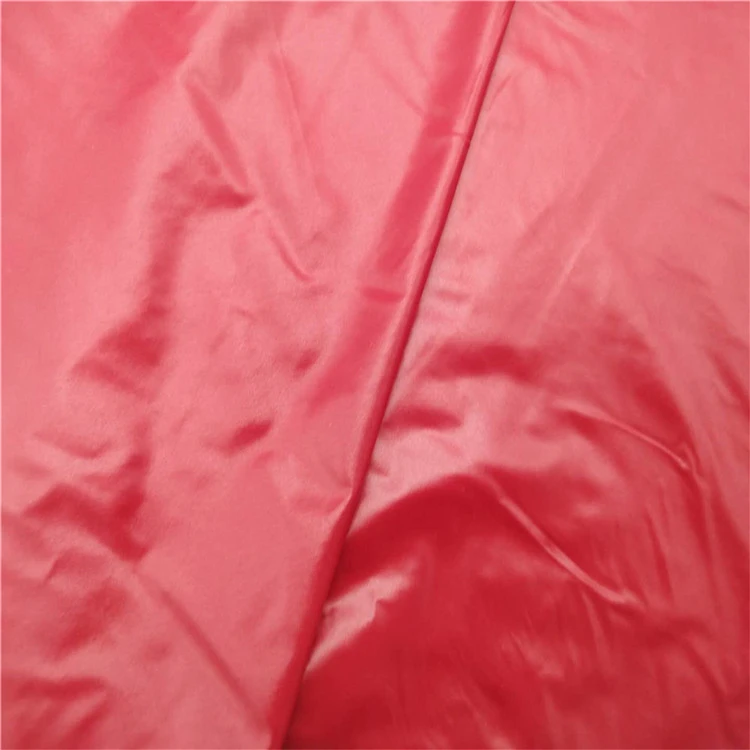
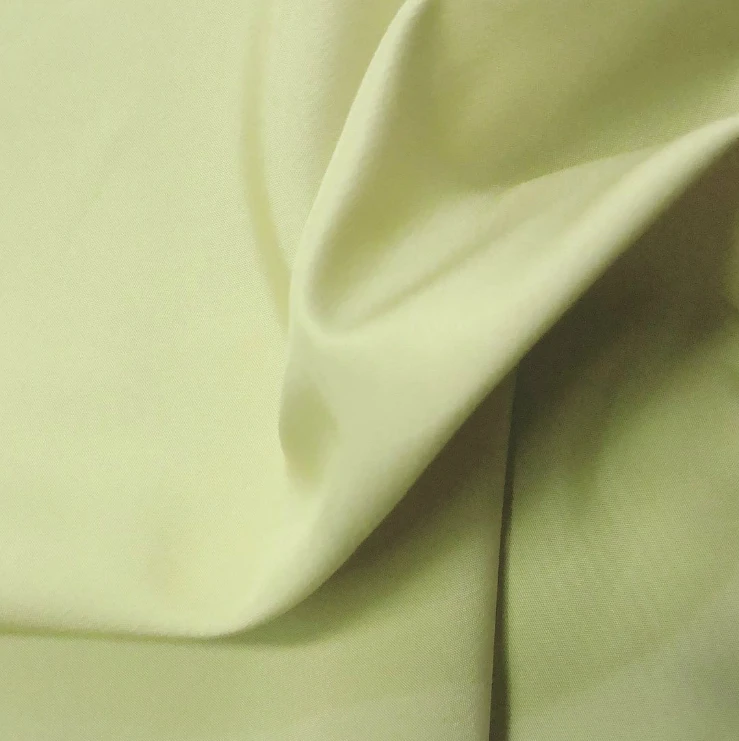
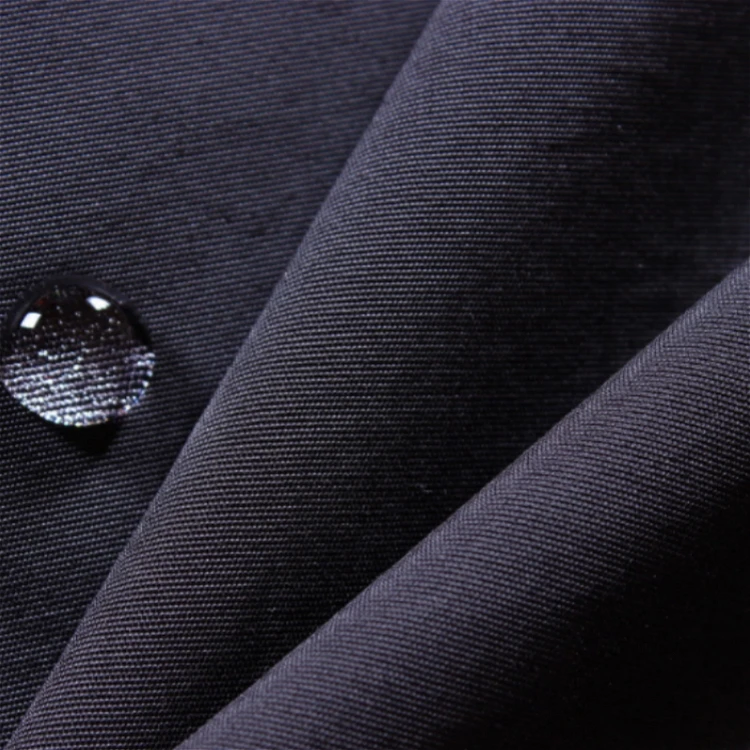
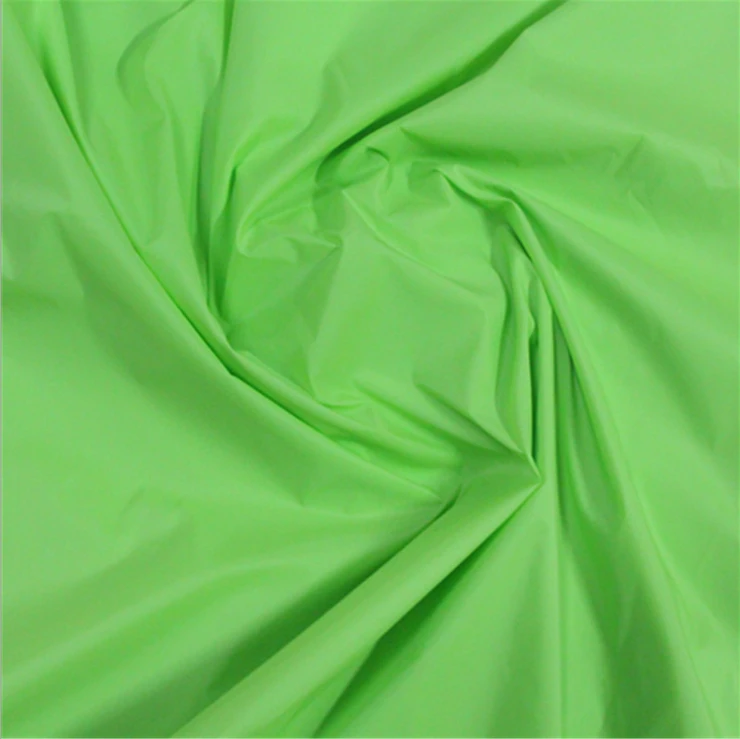
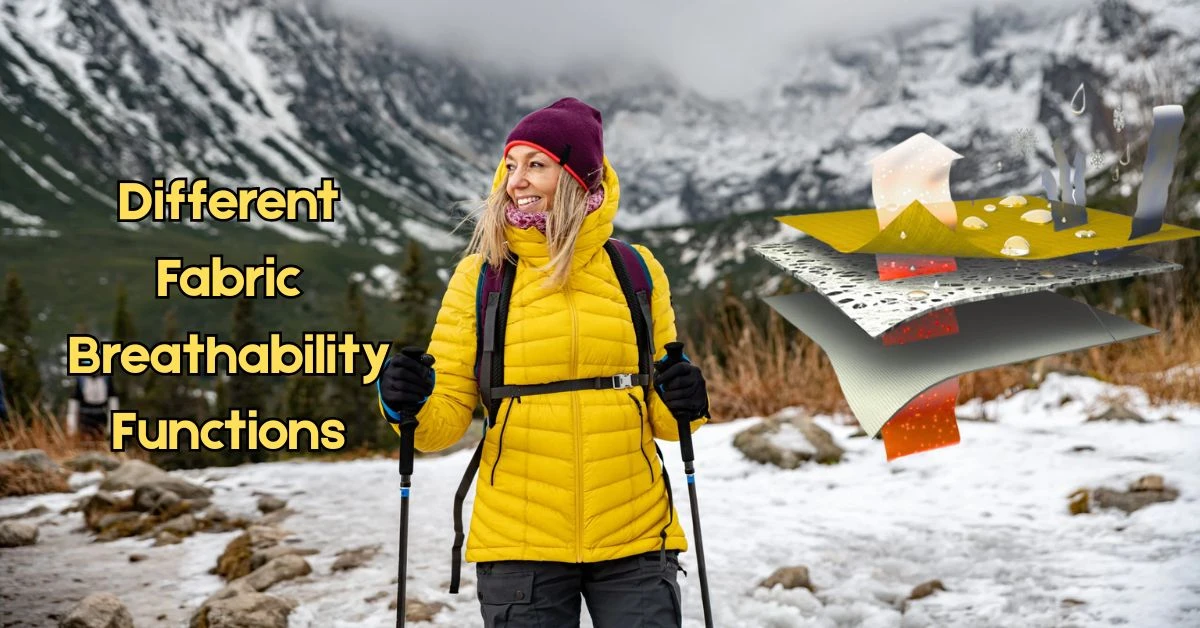
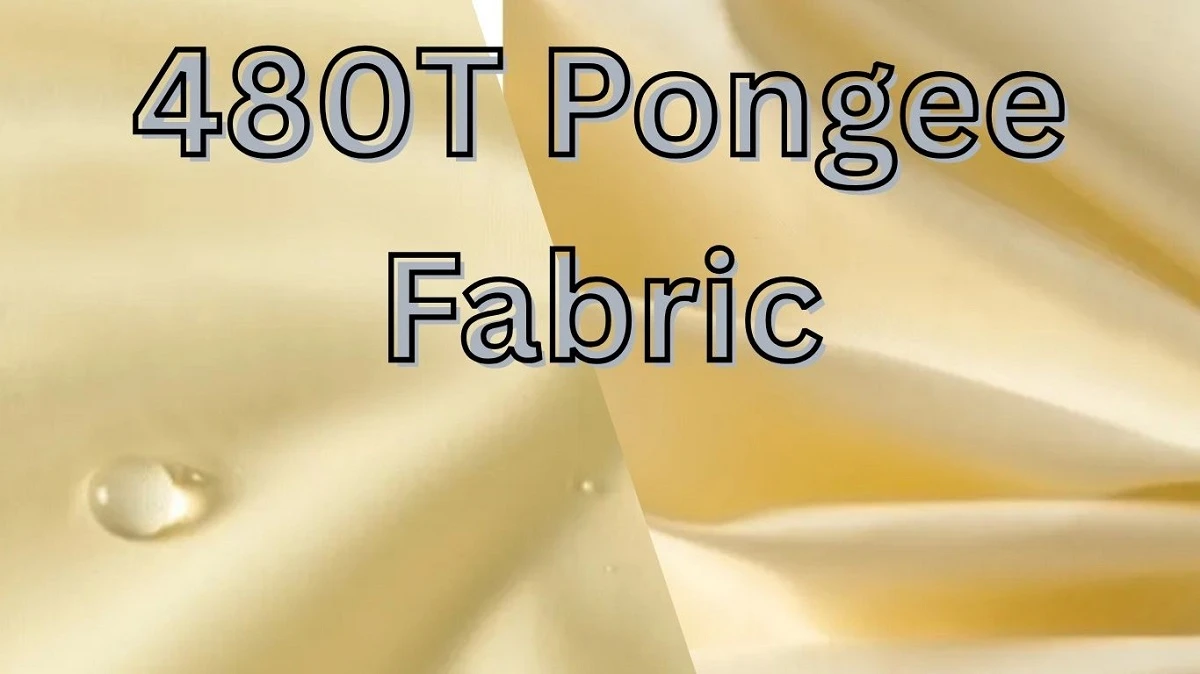
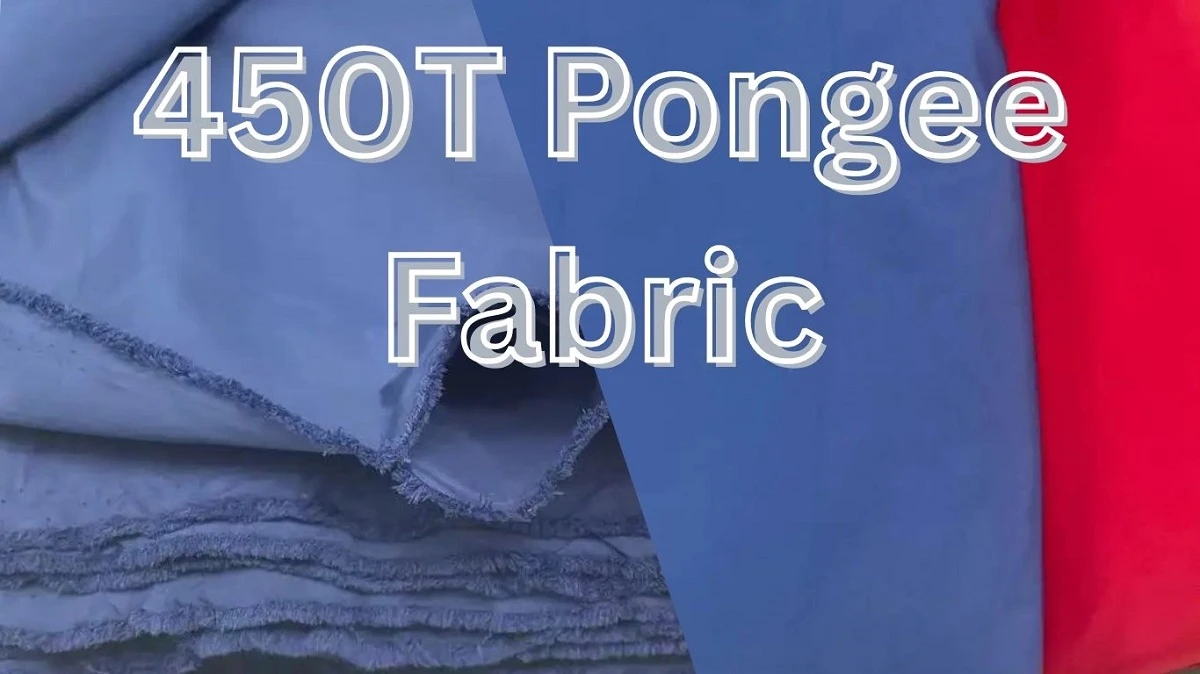
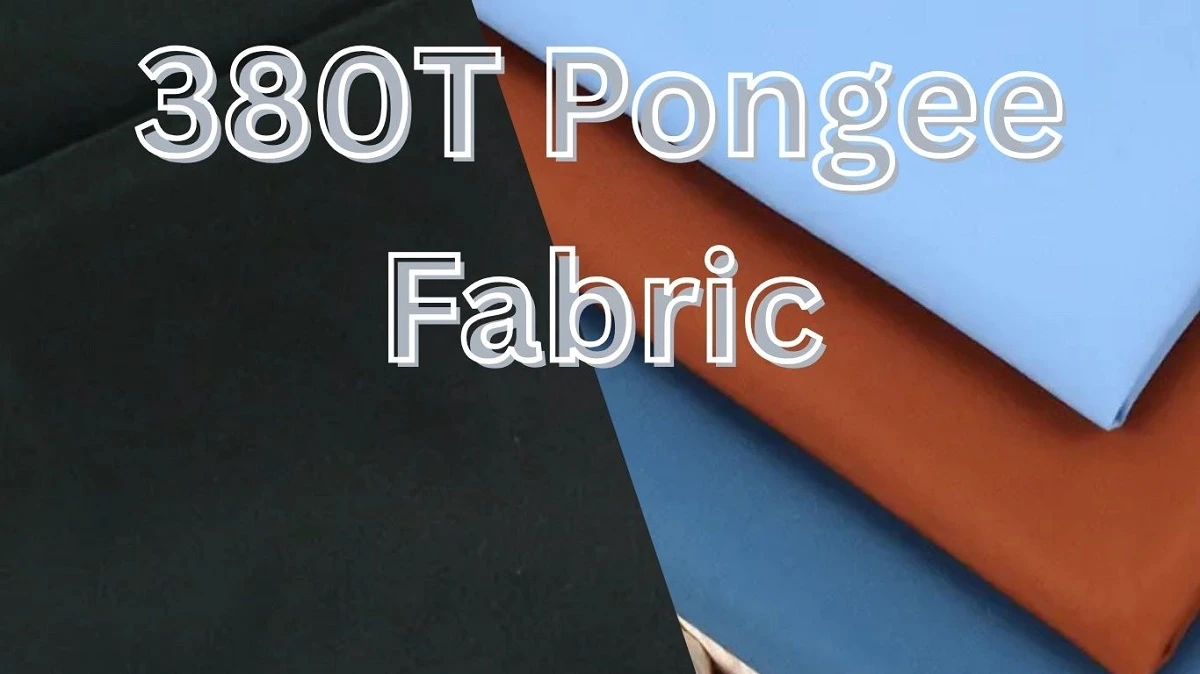
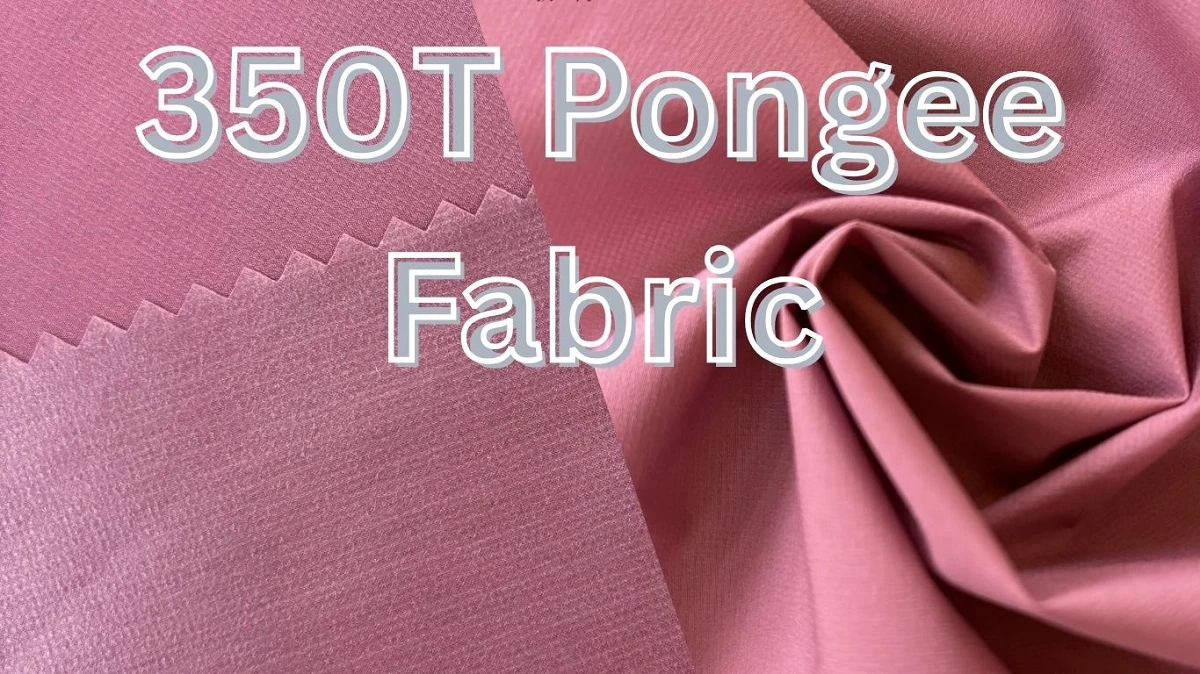
Comments - 00
Leave A Reply
Thanks for choosing to leave a comment.